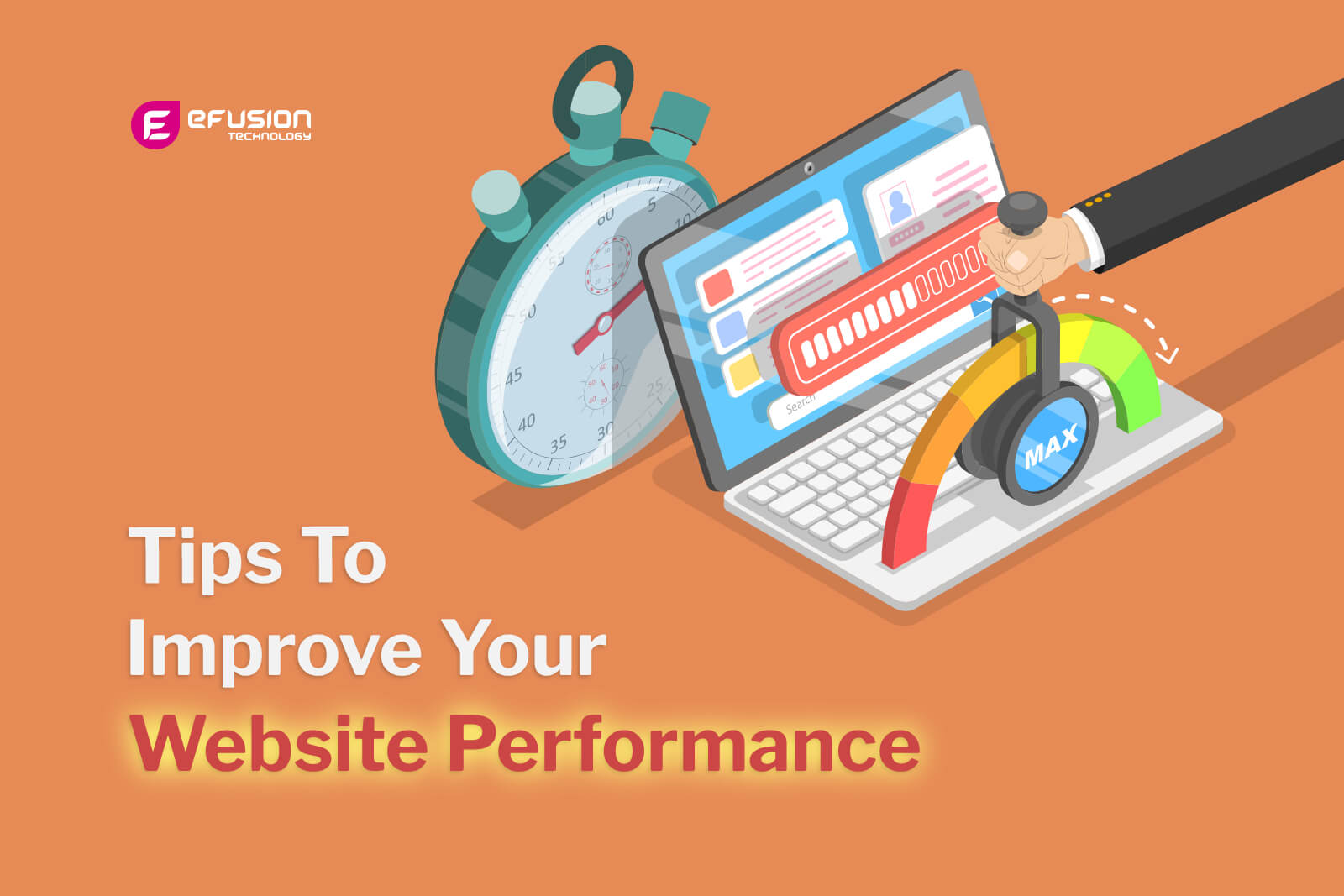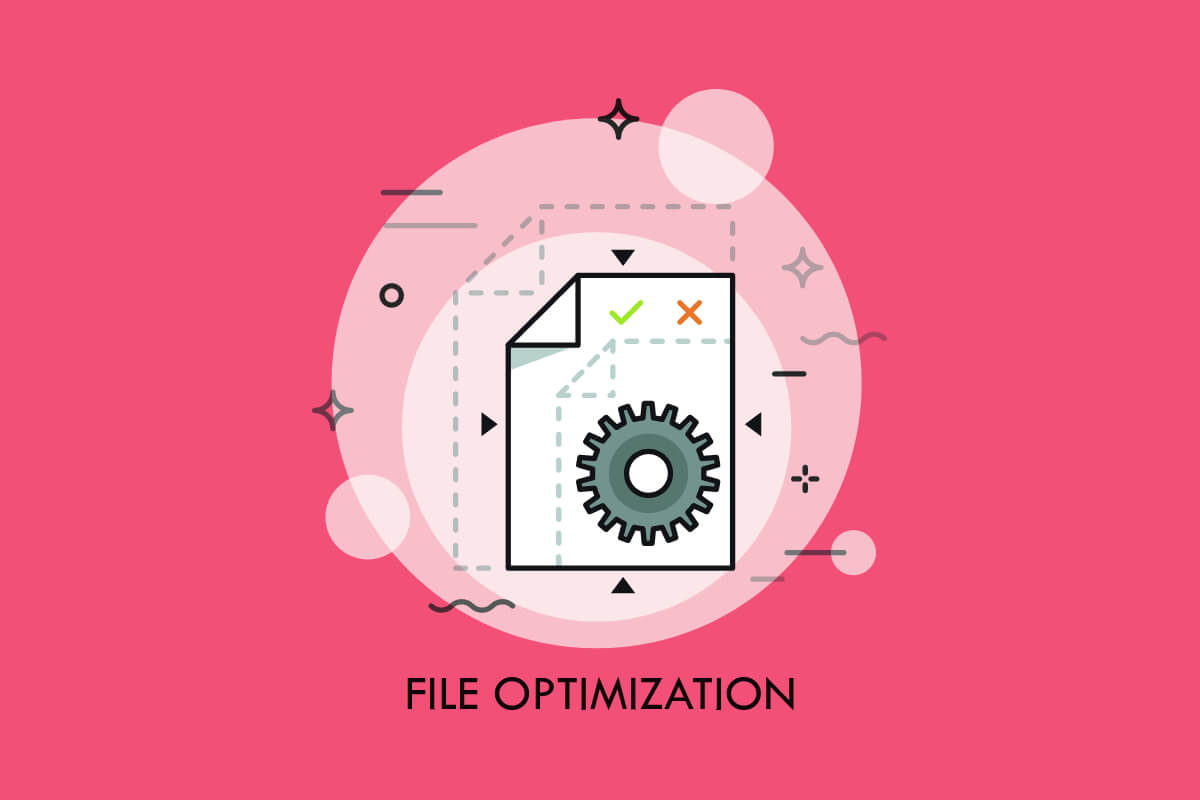
Having a robust website is essential in today’s world. Your website is typically the first source potential customers go to find information about your business. Hence it could be tempting to stuff your website with as much content as possible. It’s not recommended to do this however as it will severely impact your page loading speed. Why is this important?
Why page loading speed is important
The faster, and more user-friendly your site is, the more visibility and interest will pour in for your business. A study showed that 40% of users will abandon a website if it takes longer than 3 seconds to load. Imagine the number of lost potential customers who leave frustrated because they can’t get any information about your business!
Plus, Google also considers a website performance when ranking your site on the search engine results page (SERP). Badly performing websites tend to be pushed back in the SERP.
Essentially, when you have a high-performance website, you can command customer loyalty as they will repeatedly visit, higher conversion rates, higher ranks in search results, and much more. If your website is slow, your customer base is less likely to grow.
So what can you do to optimize your website? Here are some tips you can follow to improve your website performance.
1) Declutter files and HTTP requests
Make sure your website is clear of excess JavaScript and CSS files because they can lead to more HTTP requests. In turn, they can slow down the functioning of the website. Even if the requests come from a singular customer when they try to use a particular website feature, the browser will process them individually, and your website will lag. The solution to this is to try and have all the necessary files grouped together so that your website works faster.
2) Use a robust web host

The performance of your website also depends on your website host. Although it is tempting to take up a cheap plan, it is important to make sure that all the necessary features are in place and the web host is robust enough to handle the features of your website correctly. Moreover, although a sharing hosting service can help you save up, it can slow down your website.
3) Optimize plugins
Plugins are present in websites to host features from third parties. They enhance the functioning of a website. However, each plugin needs its own set of resources to run. Therefore, too many of them can lead to the slowing down of the website. It can also lead to security issues if the plugins are not checked properly. So, keep only the important plugins on your website.
4) Optimize your website images and graphics

Images and graphics can make or break a website. The better-looking and more user-friendly a website, the more attention the business will get. However, too many of them can clutter a website. Not only is it a hassle to navigate them, but they also tend to slow down the website itself. Optimizing your images and graphics can help with SEO ranking and user engagement as well.
5) Have GZip compression
GZip essentially compresses the webpages present in your website before sending them to the browser of the user. This helps in increasing the performance speed of your website. It also reduces its size, which helps users get faster access and lessen the download time and data utilization.
Website optimization is the best way to scale your business. If you are in need of professional website optimization, contact eFusion Technology today! We have also been recently featured as amongst the Best Creative Website Design Companies In Singapore.

